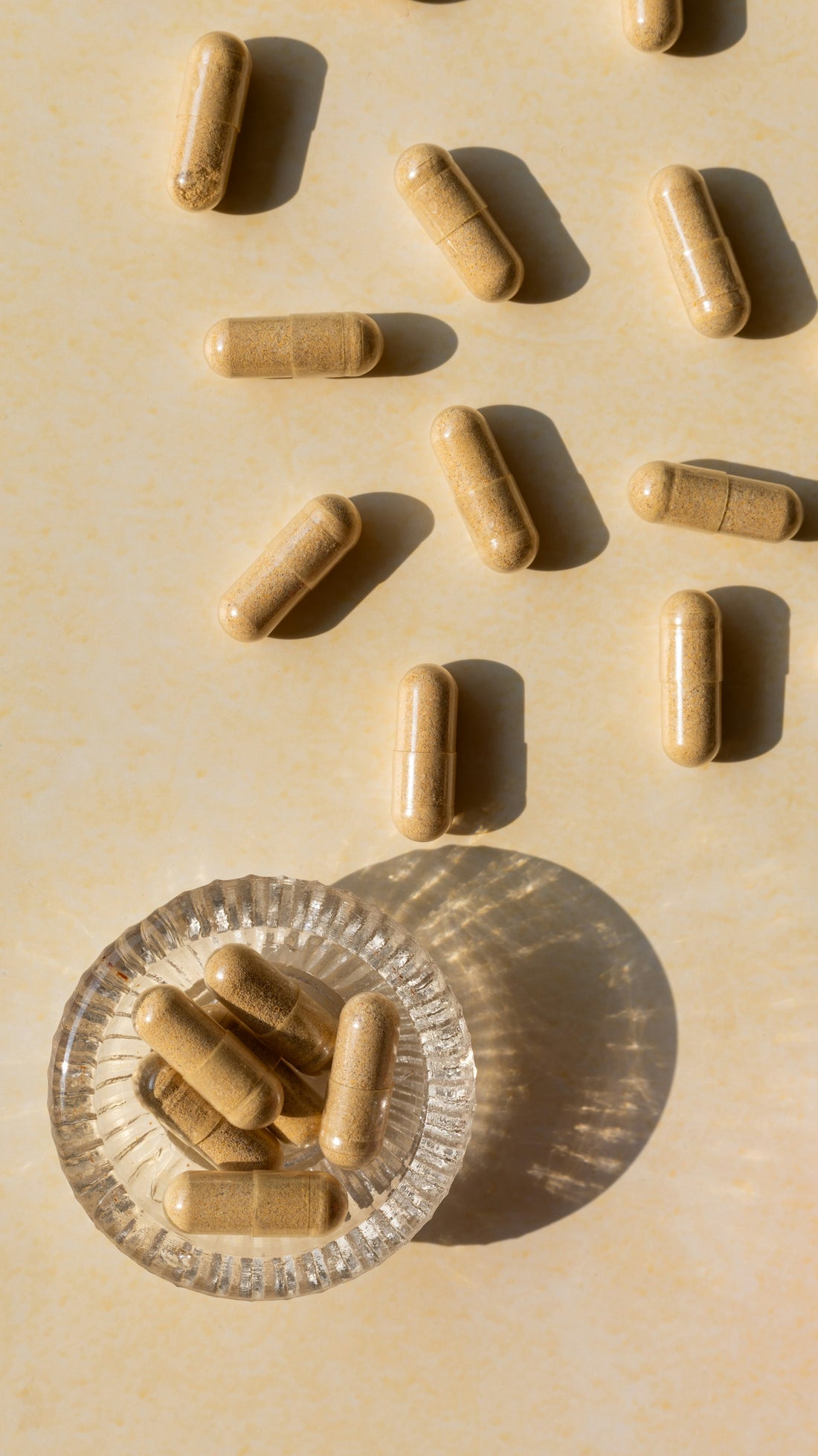Ashwagandha: Behind the Trend
In an era when health supplements are the hottest commodity in the wellness industry, certain ingredients are taking center-stage as veritable cure-alls. Ashwaghanda is the latest poster child for attention from every trendy magazine and health podcast. This ancient herbal remedy, steeped in centuries of traditional use, is undergoing a transformation, one that might not entirely align with its historical roots or scientific backing.
The Serotonergic Plant: A Natural Remedy with Modern Implications
Ashwagandha's claim to fame in the scientific community lies in its role as a serotonergic, influencing serotonin levels in the brain much like SSRIs (think natural Prozac). This effect on neurotransmitters can modulate mood and emotional well-being, sometimes leading to emotional blunting or a sense of dissociation. The catch? Stopping ashwagandha suddenly may lead to withdrawal symptoms, similar to those associated with benzodiazepines. Moreover, people are taking to social media to complain of mood disorders caused by prolonged use of ashwagandha, particularly when taking in the form of a tincture (liquid extract).
Taking SSRIs and Ashwagandha
If you are already using SSRIs, take extreme caution with ashwagandha. Combining it with strong medications could result in serotonin syndrome, a potentially life-threatening condition. Before incorporating ashwagandha into your routine, make sure to see your doctor, especially if you are currently on any other medications.
Tradition vs. Trend: The Consumption Conundrum
Tracing back to its roots, ashwagandha was traditionally served as a gentle tea with a fat source such as ghee, a far cry from today's high-dose extracts and supplements. This ancestral wisdom, favoring moderation and the guidance of practitioners, seems lost amidst the modern craze for the most potent form available. It raises important questions: In our pursuit of natural health options, are we truly understanding the power and impact of ashwagandha, or are we just leveraging its name for marketing appeal?
The Use and Misuse of Ashwagandha
Practicing herbalists will typically recommend using ashwagandha for short periods, not as a daily part of your routine for a long time. Given its potency, careful dosage is key to avoiding unwanted effects, such as potential dependency.
Ashwagandha, Nightshades, and Your Thyroid
Ashwagandha exhibits a complex relationship with the thyroid, capable of both increasing thyroid hormone levels, which may lead to hyperthyroidism for some, and interacting with thyroid medications, potentially disrupting their efficacy and intensifying side effects.
Additionally, while not a nightshade in the traditional sense, ashwagandha shares certain biochemical components with this plant family that could influence thyroid function and contribute to inflammation. For those managing thyroid conditions, consulting with a healthcare professional is essential before adding ashwagandha into your routine.
Rethinking Ashwagandha's Popularity
The increasing interest in ashwagandha within the wellness sphere invites a deeper examination of its use. While its benefits remain undeniable, integrating ashwagandha into a wellness routine warrants a nuanced approach, informed by both science and tradition.

